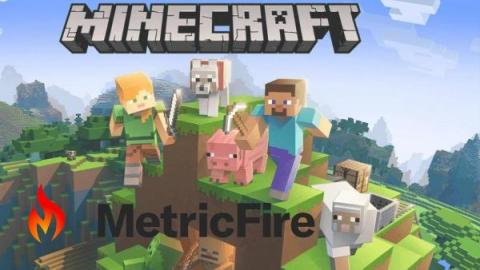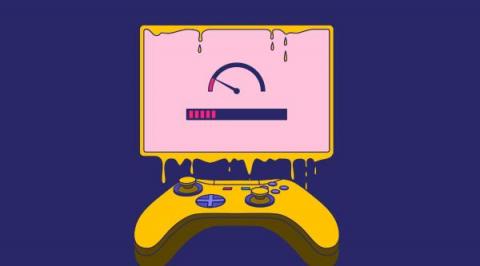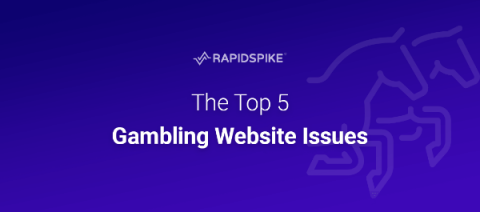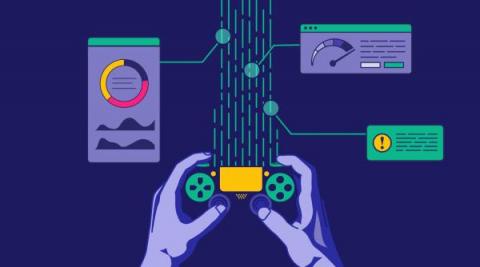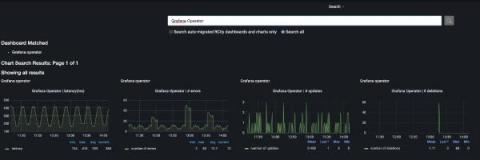Easily Monitor Your Minecraft servers with MetricFire
Minecraft servers play a vital role in providing players with a dynamic and immersive multiplayer experience. Whether you're running a private server or managing a large-scale server network, performance and reliability define the quality of the gaming experience for all. While playing, a small lag or downtime can make players frustrated and keep worrying if there will be another lag. This is where monitoring your Minecraft servers comes into play.


